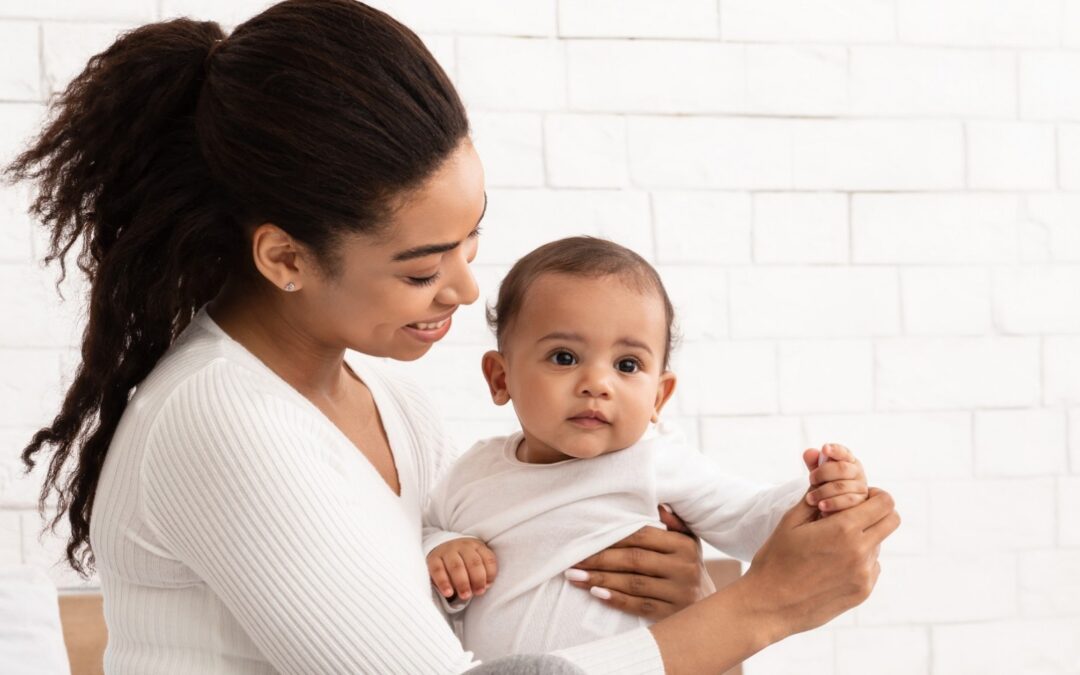When it comes to maternal mental health, the individual journey is often just one part of a larger tapestry. Enter relationships, marriage, and impending parenthood, and suddenly the challenge of managing mental health becomes a shared responsibility. Many women enter these life stages believing they have “worked past” their mental health struggles, only to find that these issues resurface in new, often surprising, ways. This dynamic can be particularly challenging when it comes to interacting with a husband or partner who may have a different understanding or experience of mental health.

The Illusion of “Working Past It”
Many of us believe that achieving a certain level of stability equates to having “worked past” our mental health conditions. This perspective is not only misleading but can also set the stage for disappointment and friction within the family dynamic. Emotional well-being is a fluid continuum; while you may have periods of stability, the complexities of life, especially parenting, often trigger unexpected emotional responses. When this happens, it’s not a ‘relapse’ or ‘failure’; it’s a reminder that mental health is an ongoing process.
The Impact on Family Dynamics
When one partner believes they’ve “worked past” their mental health struggles, while the other is either unaware or has a different view, it can create tension. The partner without the history of mental health challenges may have difficulty understanding the fluctuations in mood, emotion, or behavior. They may perceive these as inconsistencies or unpredictabilities, which can lead to misunderstandings and even resentment.
Children, too, are highly perceptive and pick up on family dynamics, including tension between parents. The impact of not addressing these issues extends beyond the couple to influence the emotional climate of the entire household.
Learning to Communicate
Setting the Stage
Open and honest communication is key in any relationship, but it becomes particularly crucial when mental health is part of the equation. Both partners should make time to discuss their viewpoints, fears, and expectations related to mental health and parenting. Structured settings, like couples therapy, can provide a safe space for these conversations.
Active Listening
It’s not just about expressing your views but also understanding your partner’s. Active listening involves giving undivided attention, asking clarifying questions, and avoiding judgment.
Emotional Vocabulary
Using a shared emotional vocabulary can help. Phrases like “I feel overwhelmed” or “I need support” are more constructive than vague or blame-laden statements.
Empathy and Acceptance
Understanding that each partner may have a different perspective on mental health is crucial. Empathy involves putting yourself in your partner’s shoes, which can be particularly illuminating if you’ve never experienced mental health issues yourself.
Acceptance doesn’t mean resigning yourself to the issue but embracing it as a part of your shared journey. Viewing mental health as a collective family experience, rather than an individual burden, can be liberating.
Taking Collective Action
- Seek Professional Help Together: Whether it’s therapy or psychiatric consultation, make it a shared experience.
- Co-Parenting Workshops: These provide tools for parenting under stressful conditions and can improve communication skills.
- Mindfulness and Stress-Management Techniques: Practices like meditation can be beneficial for mental health and can be done as a couple or family.
- Education: The more both partners know about mental health, the less stigmatizing and mysterious it becomes.
Conclusion
Believing that one has “worked past” their mental health challenges can inadvertently create a dynamic of misunderstanding and tension within a family. By accepting that mental health is an ongoing journey, couples can create a more empathetic and supportive family environment. Open communication, shared experiences, and a collective approach to managing mental health are key to navigating the beautiful yet challenging voyage of parenthood together.
Remember, the goal is not to ‘fix’ anyone but to grow and flourish together, creating a family where emotional well-being is valued and nurtured.
For further information about our Moms Retreats in Cabo Reach out via email womanscretreat@gmail.com

